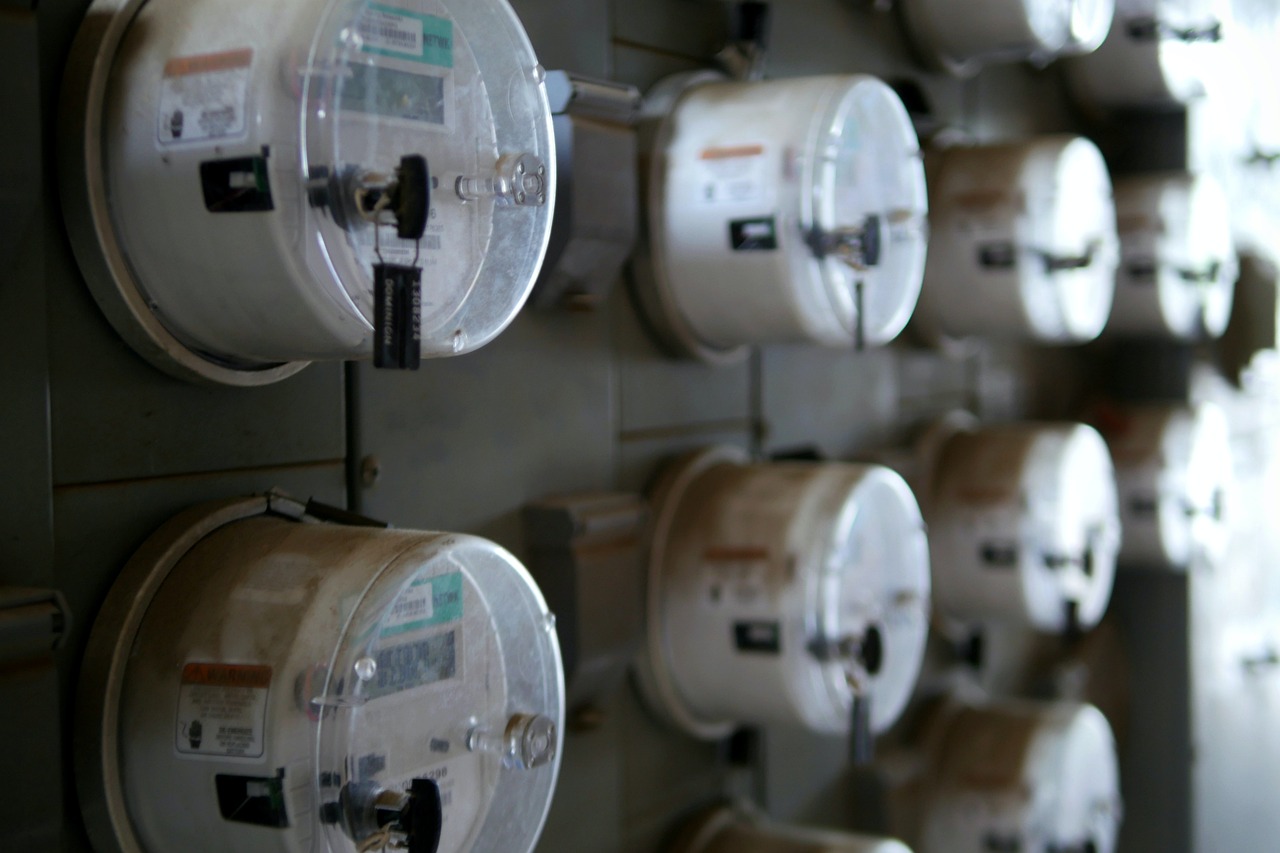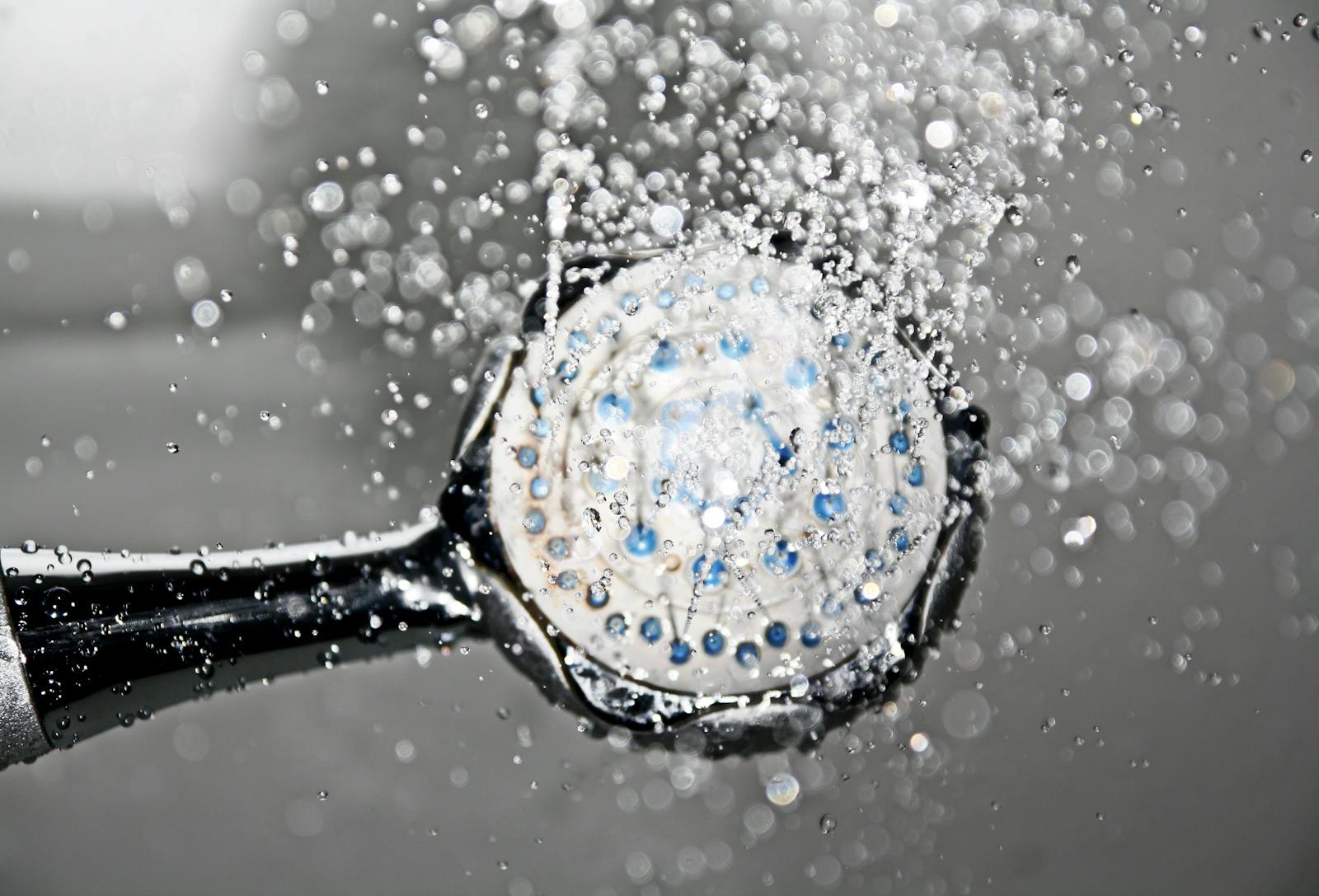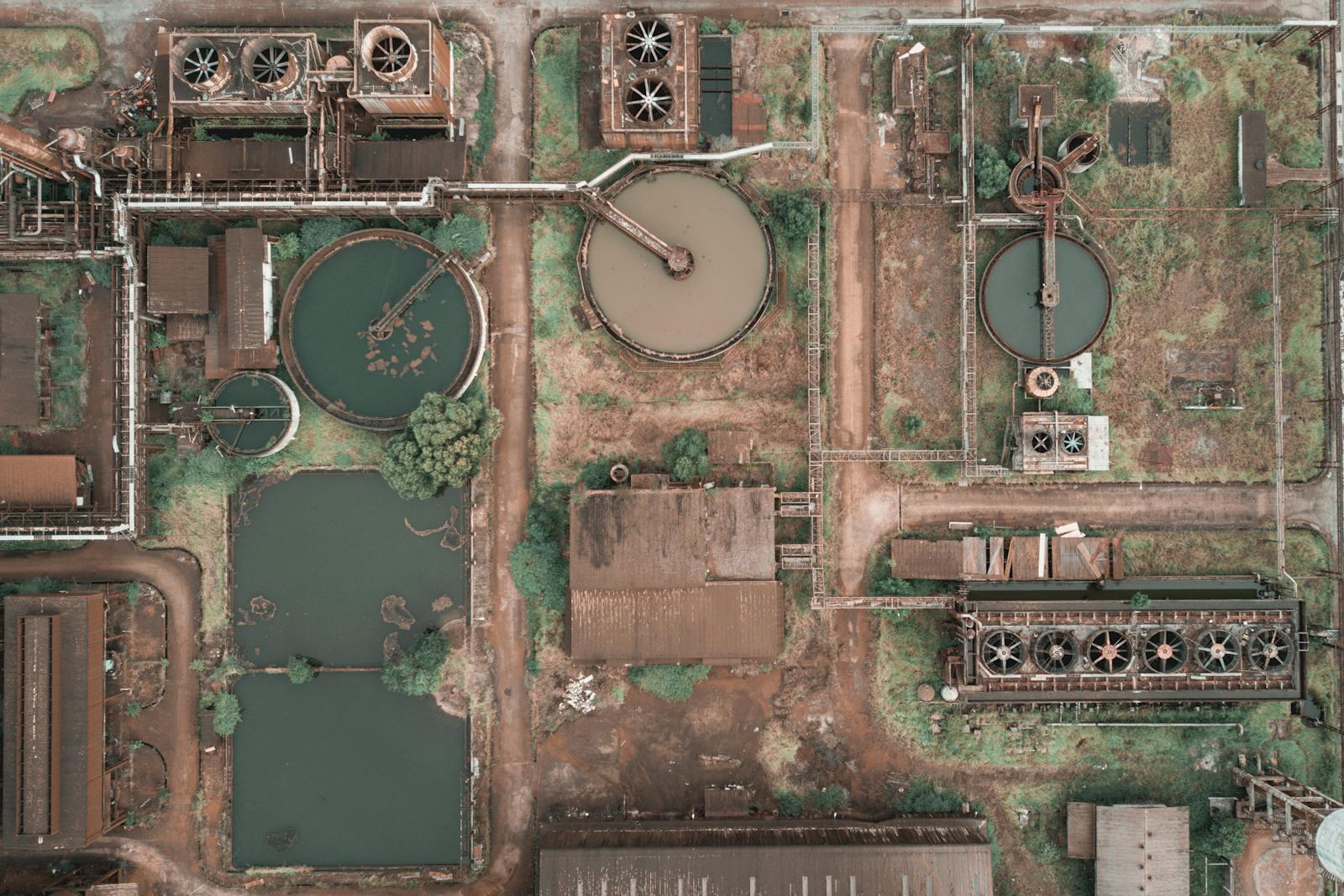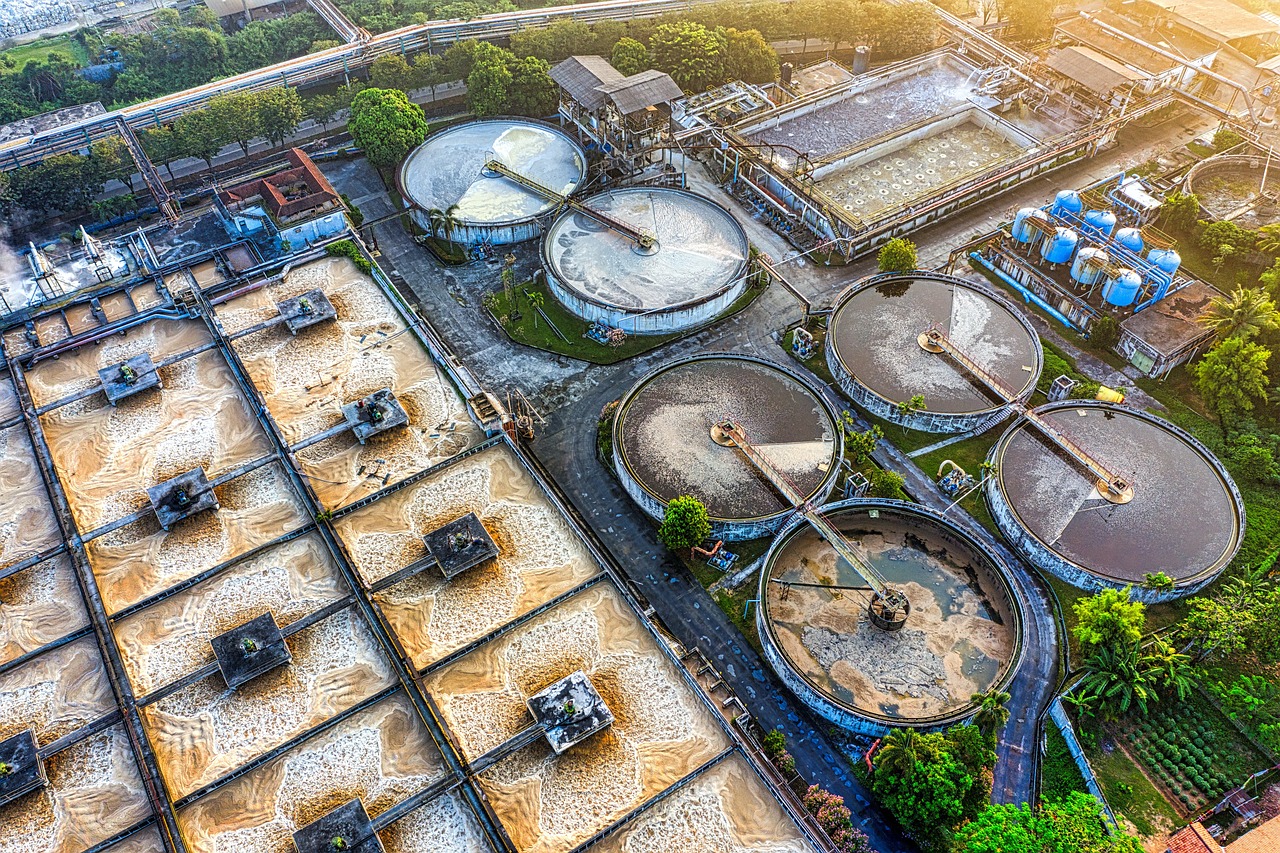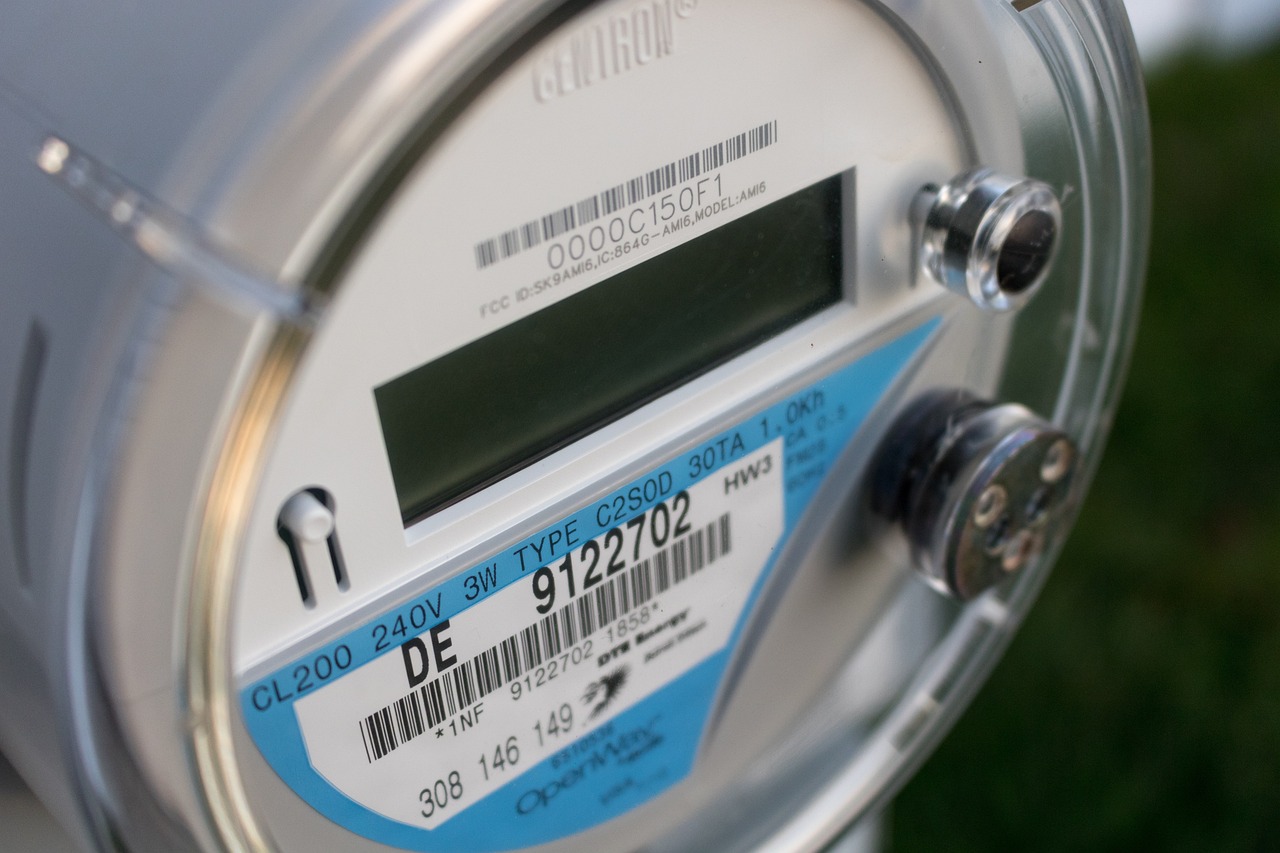
Smart Water Tech
Smart Water Tech & Emerging Innovations
Performance Score
Smart Water Technology refers to connected and intelligent solutions—such as sensors, meters, controllers, and platforms—that monitor, manage, and optimize water use in homes, cities, agriculture, and industry through real-time data and automation.
Smart Water Tech
Smart Water Tech & Emerging Innovations
Performance Score
Smart Water Technology refers to connected and intelligent solutions—such as sensors, meters, controllers, and platforms—that monitor, manage, and optimize water use in homes, cities, agriculture, and industry through real-time data and automation.
Smart Water Tech Insights
📝 Product Overview
Smart Water Technology refers to connected and intelligent solutions—such as sensors, meters, controllers, and platforms—that monitor, manage, and optimize water use in homes, cities, agriculture, and industry through real-time data and automation.
🏆 Performance Score
🔬 Filtration Quality
⚖️ pH Balance Effect
N/A – No direct impact on water chemistry.
💧 Flow Rate
System-dependent – Monitors flow across all types of infrastructure.
📊 Capacity
Scalable – From single homes to citywide networks.
🔄 Lifespan & Maintenance
5–10 years with software updates and occasional component servicing.
🌍 Use Cases
-
Smart homes
-
Municipal water systems
-
Agriculture irrigation
-
Commercial facilities
-
Industrial operations
👥 Ideal For
✅ Utility Providers
✅ Water Departments
✅ Smart Home Owners
✅ Agricultural Managers
✅ Facility Engineers
⚖️ Comparison Section
Compared to traditional water systems, smart tech enables data-driven decisions, predictive maintenance, and remote water management, minimizing waste and lowering costs.
💡 Recommended Scenarios
Perfect for leak detection, conservation efforts, usage tracking, and compliance reporting in residential, commercial, and public infrastructures.
♻️ Sustainability Score
⚡ Energy Source
Solar, Battery, or Wired depending on system.
💾 Water Savings Per Year
Up to 50,000 gallons per system annually, depending on scale.
🚯 Plastic Waste Reduction
Indirect – helps avoid wasteful water infrastructure replacements.
🤖 Smart Features
✅ AI Alerts
✅ Mobile Apps
✅ Real-Time Monitoring
✅ Predictive Maintenance
✅ Cloud Integration
🧪 Technology Used
IoT sensors, AI algorithms, Machine Learning, GIS mapping, LoRaWAN & NB-IoT connectivity.
📜 Patented Technology
✅ Some systems are patent-protected based on proprietary data analytics and hardware.
🔧 Ease of Installation
Varies – Some plug-and-play for homes, more complex for municipal or industrial.
👍 User-Friendly Design
90/100 – Most platforms offer intuitive dashboards and mobile integration.
⚡ Speed & Efficiency
Immediate alerts and continuous optimization.
🔁 Replacement Parts
Transceivers, batteries, modules, or interface components.
🌊 Filtration Score
✅ Safety Standards Met
✅ ISO, EPA, and manufacturer certifications depending on hardware.
👅 Taste Rating
🧴 Chlorine Removal
🦷 Fluoride Removal
🦠 Microbial Safety
⚠️ Contaminant Removal List
N/A – Monitoring systems only.
🏠 Ideal Use Cases & Applications for Smart Water Technology
Smart Water Technology is ideal for a wide range of applications, from urban infrastructure to residential homes and commercial buildings. In cities, it’s used to monitor entire water grids, detect leaks, manage pressure, and reduce non-revenue water. In homes and offices, smart meters help track water consumption, detect abnormal usage, and reduce utility costs. It’s also highly effective in agriculture for precision irrigation and in hospitality or real estate for managing large-scale water usage across multiple properties. These technologies are most beneficial where efficiency, real-time data, and sustainability are top priorities.
🚀 Technology & Innovation in Smart Water Tech
Smart Water Technology leverages cutting-edge innovations like AI-powered analytics, IoT-connected sensors, and cloud-based platforms to revolutionize how water systems are monitored and managed. These systems use real-time data to detect leaks, measure flow, track usage, and predict maintenance needs. Many products include mobile app integration, allowing users to monitor consumption remotely and receive instant alerts. Advanced solutions may feature machine learning algorithms that optimize water distribution and improve operational efficiency over time. This tech-driven approach transforms water management into a smarter, more sustainable process for cities, homes, and industries.
🌍 Environmental & Sustainability Impact of Smart Water Tech
Smart Water Technology plays a crucial role in promoting environmental sustainability by significantly reducing water waste, energy consumption, and carbon footprints. By detecting leaks in real-time, monitoring flow efficiency, and automating water usage, these systems can conserve thousands of gallons annually. Many smart devices also help reduce reliance on manual monitoring and excessive maintenance, leading to lower resource consumption. With data-driven insights, municipalities and households can make informed choices that support long-term water conservation goals, protect freshwater ecosystems, and foster a more resilient and sustainable water future.
🛠️ Installation, Maintenance & Usability of Smart Water Tech
Smart Water Tech is designed for seamless integration into modern plumbing and infrastructure systems. Many devices offer plug-and-play installation or require minimal professional setup, especially for residential use. Maintenance is typically low, thanks to automated diagnostics, remote monitoring, and firmware updates that keep the systems running efficiently without frequent manual intervention.
User interfaces are often mobile-friendly and intuitive, enabling real-time control and alerts through apps. Whether it’s a smart meter, leak detector, or automated irrigation system, these solutions are built for ease of use, scalability, and long-term reliability—empowering users to take control of their water usage with confidence.
💰 Cost Efficiency & Value for Money of Smart Water Tech
Smart Water Technology offers exceptional long-term value, balancing upfront investment with substantial savings over time. By preventing costly leaks, reducing unnecessary water use, and optimizing consumption, users often see noticeable reductions in utility bills—especially in high-use environments like commercial buildings or drought-prone areas.
Many systems also provide real-time insights and predictive analytics, which help avoid major repairs and infrastructure damage. While initial costs may vary, the return on investment becomes clear through lower maintenance expenses, extended system lifespans, and increased efficiency, making smart water tech a cost-effective choice for both homes and businesses.
World Water Technology & Insights
Get notified on new water technology, management news, updates & advancements around the world.
Shop Books, eBooks, Audiobooks

The Little Book on Hydration: The People’s Guide To Health, Vitality & Flow (Audiobook)

Water Wise: Sustainable Living in a Modern World
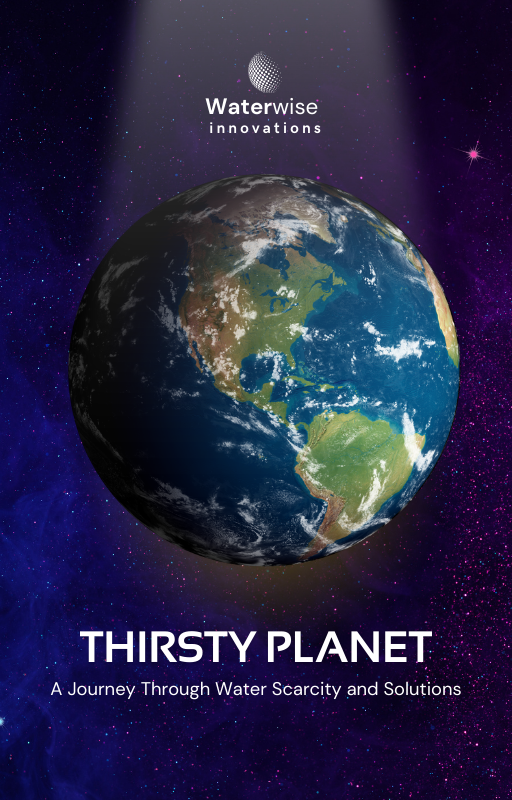
Thirsty Planet: A Journey Through Water Scarcity and Solutions
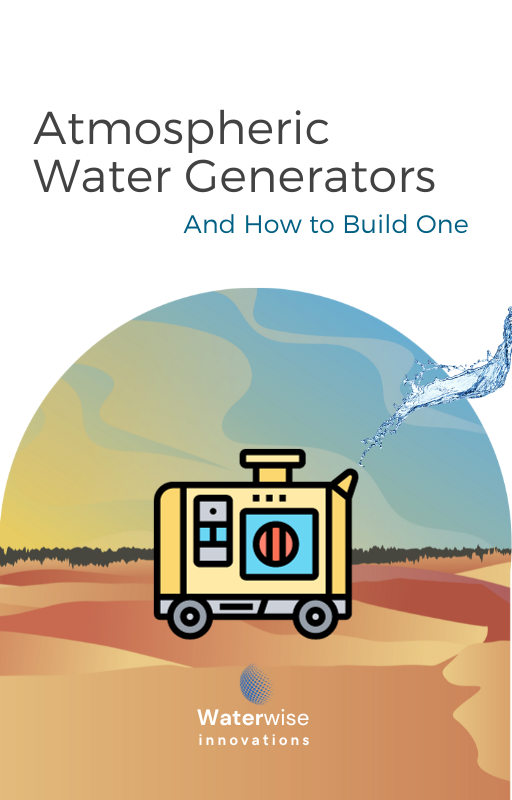
Atmospheric Water Generators: And How to Build One
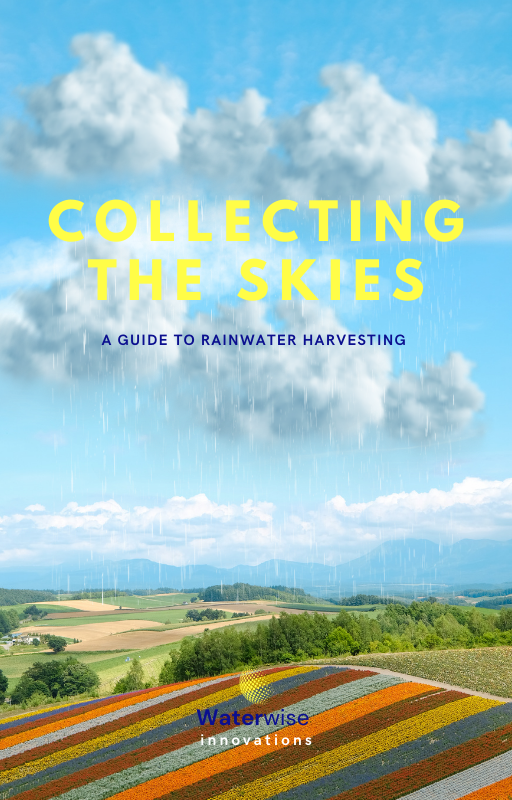
Collecting the Skies: A Guide to Rainwater Harvesting

The Little Book on Hydration: The People’s Guide To Health, Vitality & Flow
Reviews of Smart Water Tech & Emerging Innovations
There are no reviews yet. Be the first one to write one.
There are no reviews yet. Be the first one to write one.


